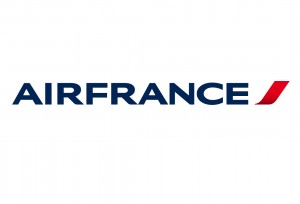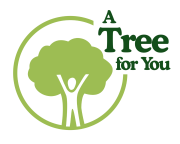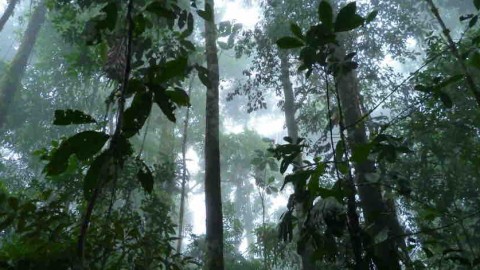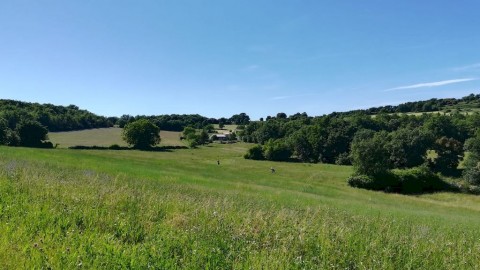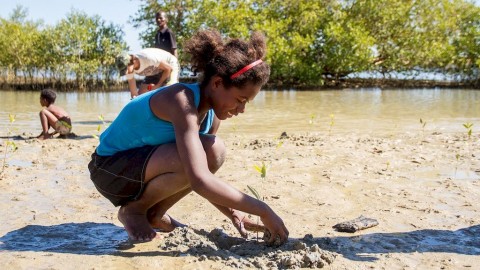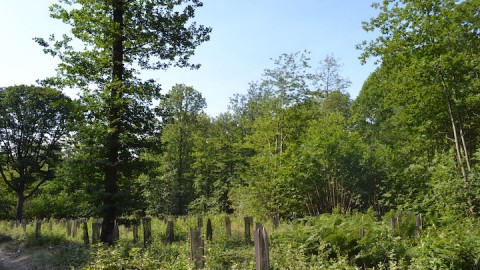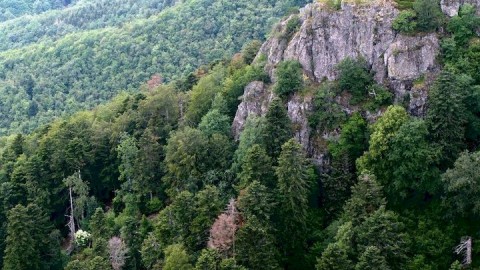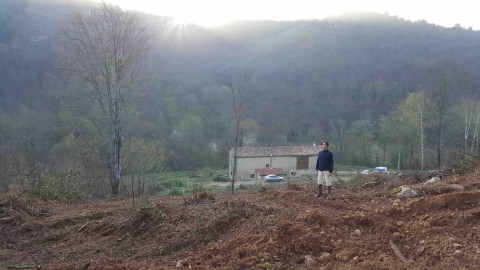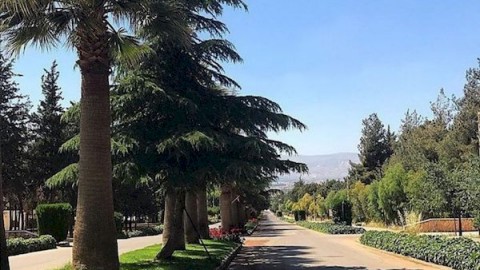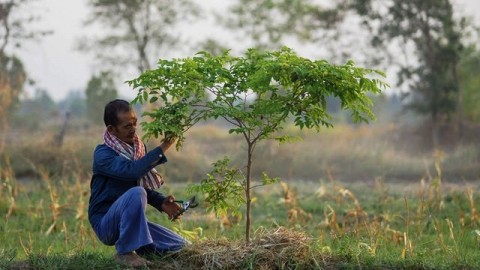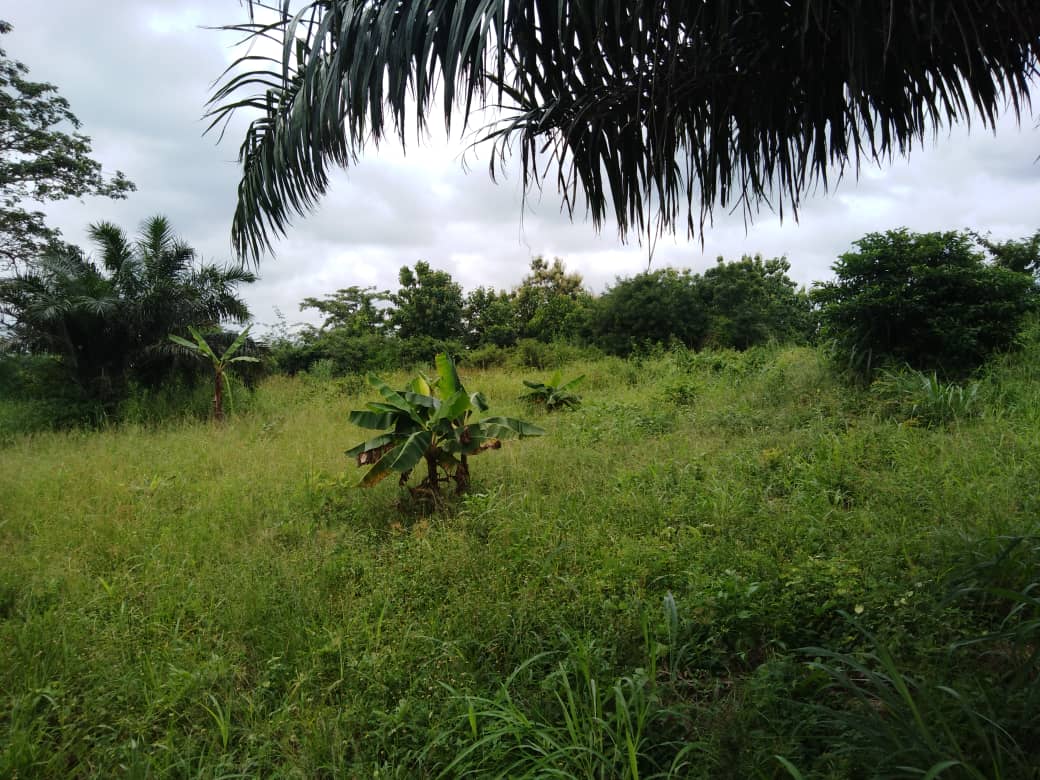
Background & challenges
In the valley of the river Zio, the villages of Wli Méduimé, Bolou Agbadomé, Bolou Ativémé, and Bolou Gatigblé have between 1,000 and 1,500 inhabitants each, and are about ten kilometres from the city of Tsévié, the main city in this maritime region. The population lives mainly off agriculture but the soil is extremely degraded and so provides very little return. Households also lack fuelwood and lumber. To meet their needs, the villagers have no choice but cut down trees in the gallery forest of the river Zio, which is declining day by day. If the situation is not reversed, it will result in serious environmental and social consequences, as well as a mass exodus.
In response, two action plans have been put in place:
- Agroforestry, with the planting of fertiliser and fruit trees on 20 smallholder plots planted in corridors or scattered plants, to naturally enrich the soil and so boost the yields of (mainly) subsistence crops (corn, taros, cassava, yams, garden produce). A further benefit: reduction in both chemical inputs and the purchasing of GMO seeds.
- Forestry, by introducing local forests so villagers can gather fuelwood, lumber, and fodder; a behavior shift that protects the gallery forest of the river Zio:
- 10 family-forests, each on a half hectare
- Two community forests, each on two hectares
Project type

Agroforestry et forestry
Beneficiaries

Smallholder families and individuals, plus groups organised by the village chiefdom and Village Development Committee
In each village, 400 people, 50/50 men and women – 1 600 people in total
Number of trees

48,000 trees to be planted: 30,000 fertiliser – 14,000 forest – 4,000 fruit trees
A total of 40,000 trees are expected to remain after several years of sustainable management
Species planted

Fertiliser trees : Samanea saman, Albizia stipulata, Albizia lebbeck, Gliricidia sepium,
Forest trees : Terminalia superba, Terminalia ivorensis, Cola cordifolia, Mélina, Tectonia grandis
Fruit trees: coconut and citrus trees
Partner

Association for the promotion of fertiliser trees, agroforestry and forestry (APAF)
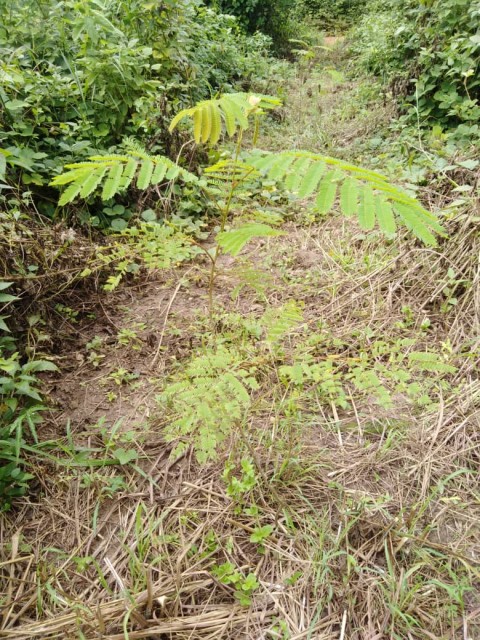
Works timeline
Natural regeneration support is provided throughout the year.
For trees coming from nurseries, the works timeline is:
- January 2020: resumed contacts and awareness raising among the chiefdom, Village Development Committees, and populations. Training nursery growers and programming nursery activities. Acquiring light agricultural equipment and handing it over to nursery growers.
- January-May 2020: nursery site preparation: potting sachets, preparing the nursery bed, putting agroforestry and forestry seeds in pots. Watering and aftercare of the seedlings. Weeding nurseries.
- May to July 2020: distributing the seedlings. Planting agroforestry and forestry young trees. Teaching farmers about natural regeneration.
- July-November 2020: aftercare of the young trees and precision geolocation of fields.
- End 2021/subsequent years: technical monitoring of tree regrowth.
Planting partner
Since 1992, through a European-African network, the association for the promotion of fertiliser trees, agroforestry and forestry (APAF) has been promoting an agroecological and agroforestry system in Africa. This cropping approach brings soil back to life and restores biodiversity through the use of so-called fertiliser trees.
The agroforestry methods used combine these fertiliser trees with all types of subsistence (maize, sorghum, yams) and commercial (cacao, coffee) crops. The fertiliser trees enrich, structure, and restore the soil.
The APAF approach empowers smallholders to:
- Sustainably cultivate the same plots of land year after year, generation after generation
- Increase their revenue and diversify the sources
- Preserve and rebuild biodiversity
- Preserve and restore forest ecosystems
- Reduce their workload and gain more independence (women)
These methods take into consideration traditional practices, the reality of the situation for smallholders and their way of thinking. As a result, uptake of APAF’s alternative approach is rapid and widescale thanks to ‘word of mouth’.
Budget
- The total budget to be collected is €40,000, or €1 per sustainable tree, broken down as follows:
- Technical supervision: 0,39€
- Material, equipment and logistics: 0.24€.
- Seed purchases: 0,12€.
- Local administrative costs: 0,05€.
- A Tree for You collection, follow-up and communication costs (20%): 0,20€.
They donated to support this project in 2019 and 2020:
